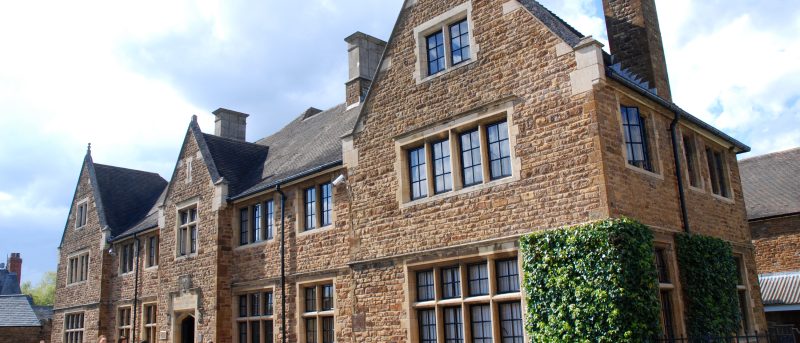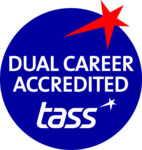If you’re in year 11, you’ll be well aware of how important this final year is. No doubt you’ll be battling with the expectations from parents, teachers and yourselves to get the very best grades you can. Not to mention making the decision on what you’re going to do after your GCSEs.
In England, you’re expected to stay in education until you’re 18, and there’s a couple of different routes you can go down; studying at a college, or starting an apprenticeship. This article will provide you with all you need to know about these options, and help you decide what route would work best for you.
First, let’s get back to basics.
What is an apprenticeship?
An apprenticeship is one way to gain practical work experience, with the option to learn while you earn. 80% of your time will be spent in the workplace and 20% of your time in training. The idea is to boost your skills in a real life environment whilst gaining a nationally recognised qualification at the same time. You’ll learn in either a college, university, or through an external training provider to help boost your skills. Ultimately, you’ll be working in a real job, with an employment contract and holiday allowance, and be getting paid.
What could I do an apprenticeship in?
People tend to think that apprenticeship options are limited to construction, although these days that is simply not the case. You could do an apprenticeship in business, retail, administration, hairdressing, childcare, cooking… the opportunities really are endless.
Why would I choose an apprenticeship?
-You’ll be earning money - granted, it might not be a huge amount as you step on the first rung of the employment ladder, but it’s a start. As your skills develop and you become increasingly valuable to your employer, there will be potential for your salary to increase.
-If you don’t want to sit in a classroom for the majority of your time. If you’re the kind of person who enjoys getting hands-on experience, then an apprenticeship might be for you. However, it is worth noting here that there are college options which also fit this bill. Studying at college doesn’t have to mean being stuck in a classroom.
- You’ll have the opportunity to network with your potential future employer(s). You’ll build your contacts by working alongside others in the company, and increase your options for employment once your apprenticeship is completed.
If an apprenticeship isn’t for you, you could decide to study at college full time instead. This option is great if you’re not entirely sure which sector you’d like to go into. There are different kinds of colleges you can apply to go to, some are more academic in nature whereas others, similar to an apprenticeship, have an emphasis on developing practical skills.
What is the difference between an academic college and vocational college?
What course could I study at college?
Academic colleges will run courses including English, maths and the sciences, whereas vocational colleges offer subjects such as animal management, business, construction, equine, food and nutrition, land-based, public services and sport. Depending on the type of college you join, your learning will either take place predominantly in the classroom or out in a practical setting.
Why would I choose to study full time at college over an apprenticeship?
Studying at college arguably opens up more opportunities, both in terms of career prospects and potential earnings. Apprenticeships are also offered in very niche areas, so if you decide further down the line that it’s not for you, this could set you back. Remember, there are still opportunities for hands-on learning at vocational colleges, so if you’re worried the ‘college’ route means you’ll be stuck in a classroom, don’t be.
To help you figure which is the best option to choose, have a think about:
What subjects you enjoyed at school, and the kinds of subjects you think you would enjoy at a college. You can then decide whether you’d like to go down the apprenticeship pathway, or look into vocational and academic college options for your subject choice.
Future earnings. Studying at college may mean you’ll earn more in the longer term once you’re in employment. Whilst your apprenticeship will offer you financial gains in the short term, the minimum wage is £4.15 per hour. Some employers may choose to pay more but this will vary on a case by case basis.
Your ideal career. If you want to be a doctor, for example then going to an academic college is the only option. If you’re interested in sport then there are other vocational college and apprenticeship options you could consider.
How you want to spend the next three years learning. Is it:
- in an academic classroom environment
- 80% working and 20% learning (apprenticeship)
- through a combination of practical and academic methods in a college setting (vocational options)
Whilst we aren’t currently offering apprenticeships (but do watch this space!), Moulton College does offer a wide range of practical courses which would suit you if you’re a hands-on learner. If you’re still unsure about which option is best for you, keep an eye out our blog listing to see if any of our articles help. Or, you’re very welcome to contact student.services@moulton.ac.uk and our friendly team will be on hand to offer advice.
Good luck in whatever you decide to do.









